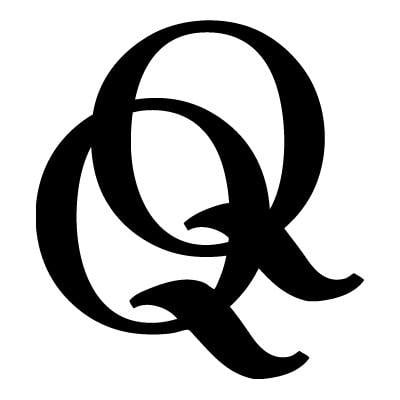At about the halfway point in Rawi Hage’s new novel, a taxi driver named Fly offers a ride to a stripper named Sally. After getting into the cab, Sally spots a copy of Jean Genet’s Our Lady of the Flowers sitting on Fly’s dashboard. “A reader,” she says, and smiles, before offering some very unstripper-like literary criticism: “Listen, I have nothing against masturbation, but don’t you think the act is a bit overdone in this novel?”
This seems to be the author having a bit of fun at his own expense, the equivalent of a character in a corny horror movie noting aloud how much his current predicament reminds him of something out of a corny horror movie. Masturbation, after all, is one act that is way, way overdone in Hage’s book, though it is far from the only one. But then, Hage has never been a genteel writer. His first novel, De Niro’s Game, which won the IMPAC Dublin Literary Award and was shortlisted for the Scotiabank Giller Prize, was a taut and brutal thriller set in Beirut, where Hage was born. His second, Cockroach, which was also shortlisted for the Giller, was a looser, more picaresque tale of down-and-out immigrants in Montreal that made the city seem almost as harsh and unforgiving as war-torn Lebanon.
Carnival intensifies Cockroach’s looseness and misanthropy, aiming for something as chaotic, confusing, and outlandish as the celebration from which it takes its name. Hage has no interest in limning small truths or embroidering quiet moments of grace, or any of the other pleasant-sounding things Canadian writers are always being accused of doing. Here’s Fly’s account of his birth, from the book’s very first page:
I was conceived on the circus trail by a traveller who owned a camel, and a mother who swung from the ropes. When my mother, the trapeze artist with the golden hair, tossed me out of her self to the applause of elephants and seals, there was rain outside and the caravans were about to leave. She nursed me through the passages of roads and the follies of clowns and the bitter songs of an old dwarf who prophesied for me a life of wandering among spiders and beasts.
Depending on your taste for this kind of thing, the passage comes off as either audacious literary myth-making or a decent parody of Tom Waits’s between-song patter. There is a lot of verbal highwire-walking throughout the novel, especially in the many passages in which Fly, well, pulls a Genet. Each night, he lies on a carpet in his apartment and stimulates himself, literally and figuratively, by imagining historical fantasies in which he is the upright hero who thrusts forward until finally coming through with a gush of manly will.
Fly’s father abandoned his family to become a devout Muslim, after which his mother hanged herself, so he was raised by the bearded lady. He later becomes a cabbie in an unnamed city that sometimes appears to be a nightmarish version of Montreal. He is called Fly because unlike the Spiders, who wait at taxi stands for customers to enter “their hungry cars,” he chooses to “navigate the city, ceaseless and aimless.” Fly is also an obsessive reader, with an apartment stacked floor to ceiling with books – some literary or historical, some pornographic.
The character of the mentally restless cab driver wandering through the city, constantly coming into contact with the worst aspects of modern life, is not a new one. It’s sometimes hard, while reading Carnival, to resist the image of Robert De Niro’s similarly agitated Travis Bickle in Taxi Driver. As Bickle had Cybill Shepherd’s earnest campaign worker, so Fly has Zainab, a young, serious-minded Muslim student to whom he makes a series of awkward overtures. (She mostly finds the chatty cabbie bemusing and a little bit crazy.) He also has a disturbed former political activist friend named Otto who pops up throughout the narrative, each time more damaged and dangerous than the last, and a drug dealer who hires him out every once in a while to be his loyal, unquestioning driver. Fly’s encounters with these people, and with his random nighttime customers, form the bulk of the book’s plot.
Carnival is an impressively over-the-top book, and the sheer level of antiheroic bluster it achieves is enough to set it apart from the more domestic CanLit pack. Where it fails is in neglecting to do anything particularly new or novel with its own bluster, and in mistaking mere seediness for gem-hard, existential truth. It’s also, in the end, kind of boring – as is anything that performs the same sour trick over and over again. A sudden rash of killings in the final quarter of the book feels like a desperate attempt to bring the narrative to a boil. Hage is an admirably unrestrained writer, but Sally the stripper may have his number this time out.

 Contact us via email
Contact us via email

